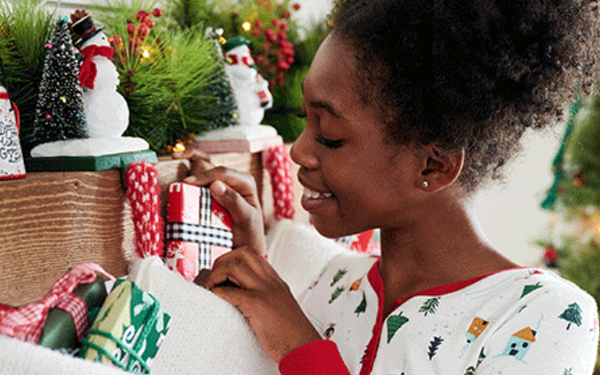retail
Commentary
ICSC Forecast: Consumers Committed To Holiday Spending
- by Sarah Mahoney , Staff Writer @mahoney_sarah, October 18, 2022

Image above: Kohl's holiday ad
Retailers are worried that inflation and economic uncertainty will impact consumers' holiday spending plans.
But the latest research from the ICSC find that while people will be shopping earlier and avidly hunting deals, they aren’t likely to cut back much.
The forecast calls for a 6.7% increase in October through December sales. When adjusted for inflation, that means spending is likely to be flat when compared to last year.
The organization also predicts a 9.9% gain in dining out.
“This is good news,” says Stephanie Cegielsk, vice president of research and public relations at ICSC, formerly the International Council of Shopping Centers. “There's a lot of concerns around the economy, but I think these results confirm that people want to go out and shop. It’s a joyful time for people, despite all the negative news.”
advertisement
advertisement
This research echoes other surveys, revealing that 75% plan to start shopping earlier. And besides scrambling to find deals and confirm product availability, they also say gift cards are their No. 1 category, named by 62% of respondents.
Consumers certainly aren’t ignoring inflation, with 89% saying it will have some impact on their holiday purchases. But those changes involve more aggressive deal-hunting, rather than cutting back on the number of gifts they give.
But they are prowling stores and the web earlier, with 73% banking on “Black-Friday-like” deals earlier in the fall. And 65% are willing to spend more time doing so, with 60% saying they’ll pounce on excess inventory if it represents enough savings.
The survey found that consumers want to shop in more channels, with 94% making purchases both online and in stores.
Cegielsk's also holding out the possibility that spending will go much higher. “Remember, last year’s holiday retail sales grew 13%,” she says. “Our forecast was just for 9%. I don’t think the bulk of consumers are out there thinking about the economy as much as we think they are.”
The survey is based on about 1,000 adults.





